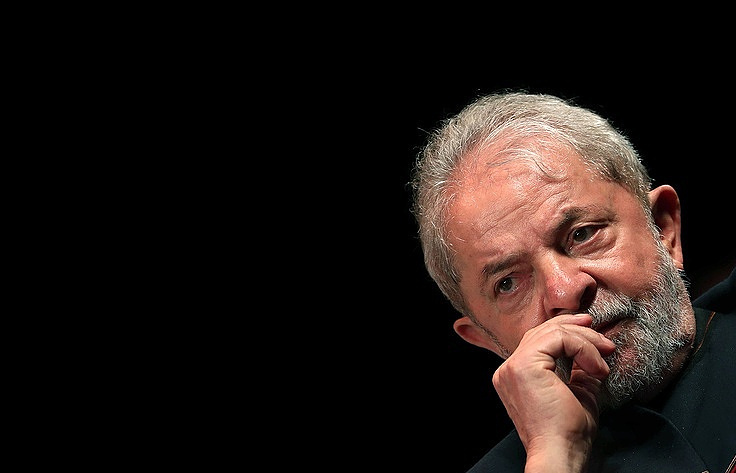This material belongs to: Veja.
Ministers underscored the understanding of the Federal Supreme Court (STF), which allows for the execution of the sentence after the conviction in the second instance.
The Superior Court of Justice (STJ) unanimously rejected on Tuesday the habeas corpus preventive of former President Luiz Inacio Lula da Silva against the possibility of arrest. The five ministers of the 5th Criminal Court said that the sentence will only be executed after the decision of the second instance regarding appeals presented by the former president, but stressed that the understanding of the Federal Supreme Court allows the arrest from the collegial conviction.
In habeas corpus, Lula’s defense alleged that there was an “imminent risk of illegal embarrassment” and argued that, despite authorizing, the position of the Supreme Court does not require compliance with the sentence in situations similar to that of the former president. In this way, the fact of being a primary, elderly and fixed address should be sufficient for the Court to authorize him to appeal freely, as he did throughout the proceedings.
The ministers of the STJ did not agree. For the rapporteur, Felix Fischer, it does not make sense for an understanding of the Supreme Court to be considered an affront to a constitutional precept such as the presumption of innocence. He also argued that the fact that Judge Sergio Moro and the Federal Regional Court of the 4th Region (TRF4) did not determine Lula’s preventive detention throughout the proceedings does not mean that they have given a safe conduct so that the former president was not stuck in the later stages of the action.
Fischer’s position was accompanied by the four ministers who succeeded him. First spoke Minister Jorge Mussi and then, Reynaldo Soares da Fonseca, Ribeiro Dantas and Joel Ilan Paciornik.
Unlike the first instances, this time the oral support was not made by lawyer Cristiano Zanin, being in charge of the defender Sepúlveda Pertence. Former president of the STF, of which he was minister until 2007, Pertence is the bet of the defense of the PT to be more successful in higher instances, where there is good traffic.
The understanding that authorizes the execution of the sentence after having exhausted appeals to the second instances, such as TRF4, was the main theme of the trial. Although they have recalled that this analysis finds divergences within the Supreme itself, the ministers emphasize that this is the current reference for cases of the type.
Last card
To avoid arrest, Lula still has one last trick: to get the STF to change its current position.
The death of Teori Zavascki and his replacement by Alexandre de Moraes does not change the score, as both are in favor of the arrest in second instance, but Minister Gilmar Mendes, who had voted in favor of this possibility, could now stand against, as he has insinuated in recent months.
The review of the STF’s position depends on the president of the Court, Carmen Lúcia, to mark the trial of lawsuits that deal with the matter – two of them are ready to be voted on and a request from Lula’s own defense, led by Sepúlveda Pertence.


